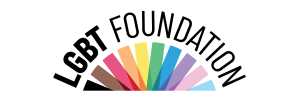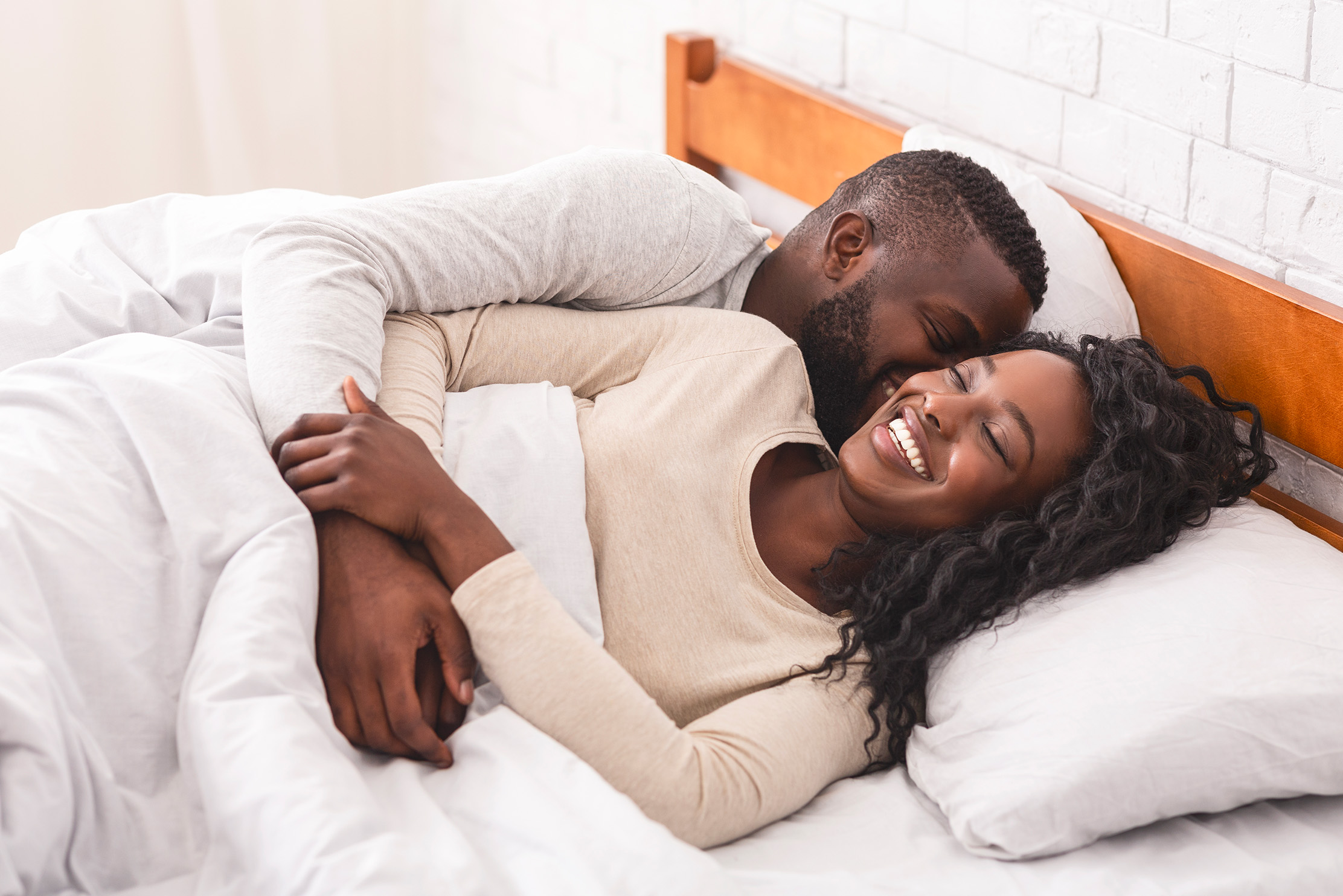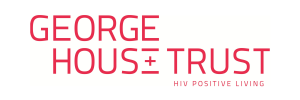Public lice are very small, crab like insects which live in pubic hair.
Pubic Lice are not necessarily sexually transmitted, but are passed on through close body contact.
How are pubic lice passed on?
They can be spread by having close body contact with someone who has them and will crawl from hair to hair. They can also be passed through close body contact including vaginal, anal, or oral sex and may be passed on by sharing towel and bed linen.
Condoms and other forms of contraception will not protect you from pubic lice.
If you get them, you can prevent them being passed onto other by:
- Washing bedding, towels and clothes on a 50 degree wash –which will kill the lice and their eggs.
- Ensure anyone who you have had close contact with is treated. This includes sexual partners from the last 3 months and everyone in your household.
How do I know if I have pubic lice?
You may not notice you have pubic lice, but people usually experience the following symptoms:
- Itching in the affected areas
- Irritated skin from the itching
- Sky-blue spots or specks of blood on the skin
- Black powder in your underwear
- Brown eggs on pubic or other body hair
How can pubic lice be treated?
Treatment is through either a prescription or over the counter cream, lotion or shampoo. The treatment is applied to affected areas.
Avoid having close body contact with partners until you and your partner have completed treatment. This includes any sexual activity.
If left untreated the lice may spread to other body parts. Pubic lice will not go away without treatment.
Should I test for pubic lice?
If you think you have public lice, you will need to visit a GUM, or sexual health clinic, or your local GP surgery.
There is no test for pubic lice but it’s easy for a health professional to diagnose by examining the area.
Emergency Support

Free & confidential sexual health services for Black, Asian, and Minority Ethnic communities

Providing advice, support and resources for LGBT people to take control of their sexual health and wellbeing


